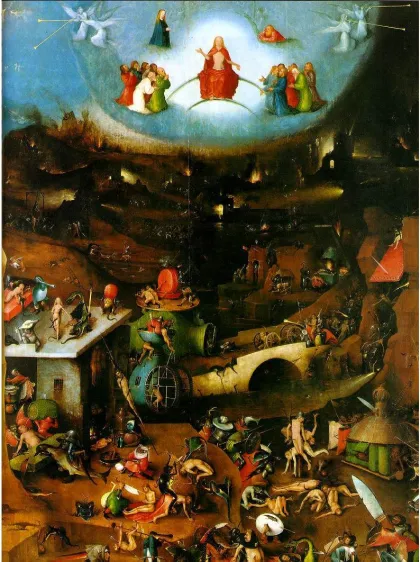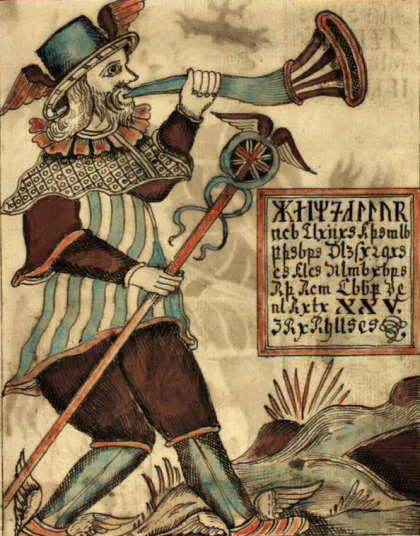Clifton Emahiser on Ted Weiland

Clifton Emahiser on Ted Weiland
Here I have decided to take a short break from my commentary On the Gospel of John, and have a little fun at the expense of a clown named Ted Weiland, a name which is probably too familiar to many of our listeners. But I guess some people will now wonder why I insist on doing this. The truth is that unlike many of the other men whom we have criticized over the years, most of whom we deeply respect in spite of any perceived flaws in their work, Weiland is still alive and well and spouting his nonsense under the pretense of being an Identity Christian, while he has willfully ignored all of our inquiries and criticisms. Weiland is actually a self-righteous universalist who would in effect eradicate Identity from Christianity altogether. But Weiland is also one of the ring-leaders of an entire circus of such clowns, which includes Stephen Jones, James Bruggeman, Jory Brooks and others. Two years ago I would have included Dave Barley in this list, but I have learned that he has openly recanted his former universalism, which is certainly to his credit. However while they are not quite as odious, Barley and Lawrence Blanchard and a few others still have subtle elements of universalism in their doctrines and scriptural interpretations.
Weiland had a book disputing our interpretation of Genesis chapter 3 titled Eve, Did She or Didn’t She? I never read it, but Clifton has a copy on one of the shelves here somewhere and if I ever do, I might have yet another presentation to write. But for that Clifton had criticized Weiland frequently in his Special Notices to All Who Deny Two-Seedline series, and when I presented that here in podcasts throughout 2017, I hope to have expounded upon those criticisms. That series of papers was written by Clifton throughout 2002 and 2003. Then later, as I have also explained elsewhere, our friend Tony Gonyer had written Weiland a letter in 2005, and that letter compelled me to also write to Weiland, which I did in August of that year. Weiland never responded to my letter, and Clifton had it published on the Israelect.com website, where he added some citations from Weiland which were representative of the things with which we took issue. Since I have come to control Israelect.com I redirect many of the papers there to where they are posted at Christogenea. Now since I have been released from prison, since very late 2008, I have encountered Weiland many times in social media, and I have confronted him each time in a kindly manner, but he has only scoffed at me and he has refused to discuss any of these issues with me. For that he certainly does deserve the label clown.









 Please click here for our mailing list sign-up page.
Please click here for our mailing list sign-up page.








Recent comments